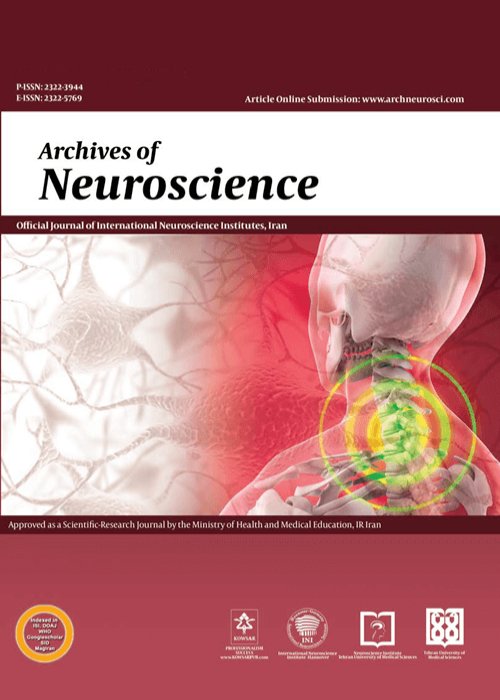Autonomic Modulation Improves in Response to Harder Performances While Playing Wind Instruments
Despite inducing autonomic benefits similar to exercise, playing wind instruments is a physical, and cognitive task of high attentional requirements, which demands musicians maximal efforts, leading to sympathetic hyperarousal and autonomic worsening. In this context of controversy, it remains unknown the autonomic response to playing highly demanding music performances, as compared to an easier one, which might be of interest in wind musicians' cardiovascular health.
This study aimed to investigate differences in the autonomic control of the heart with regard to task demands (TD), avoiding emotional influences (rehearsal performance).
Eight healthy male professionals (29.13 ± 7.33 years) ranked a list of well-known musical scores according to their perception of the task demands. Later on, in 2 two normal rehearsals with no audience, musicians performed one mild performance (M), and another one ranked as hardest (H) on two alternative days. After 10 minutes of warm-up, they performed two laps of 20 minutes interspersed with 5 minutes of rest. Heart rate variability (HRV) was recorded in both laps, 20 minutes at baseline (before warming-up), and 20 minutes after cessation. Owing to non-stationarity of the cardiac signal, the root mean square of successive differences (RMSSD) and Poincare-Plot indexes (SD1, SD2) were analyzed in the last 500 beats of each 20 minutes (Kubios software V. 2.1).
Musicians showed larger parasympathetic responses in H (lnRMSSD, lnSD1, SD2), mostly after 30 minutes playing, without RRi differences. Vagal control diminished in the first lap, where musicians might be coupling heart rate to changes in breathing. Later on, this initial discomfort disappeared, followed by autonomic reactivation in H. Sympathetic arousal due to neuromuscular and cognitive demands while playing demanding music seems to be vagally counteracted, suggesting that the more the difficulty, the more coupled the respiratory sinus arrhythmia (i.e., cardiovascular adjustments).
Playing wind instruments seems healthy in terms of autonomic modulation, and the psychophysiological wellness of wind musicians might benefit from HRV monitoring in the long-term.
- حق عضویت دریافتی صرف حمایت از نشریات عضو و نگهداری، تکمیل و توسعه مگیران میشود.
- پرداخت حق اشتراک و دانلود مقالات اجازه بازنشر آن در سایر رسانههای چاپی و دیجیتال را به کاربر نمیدهد.


